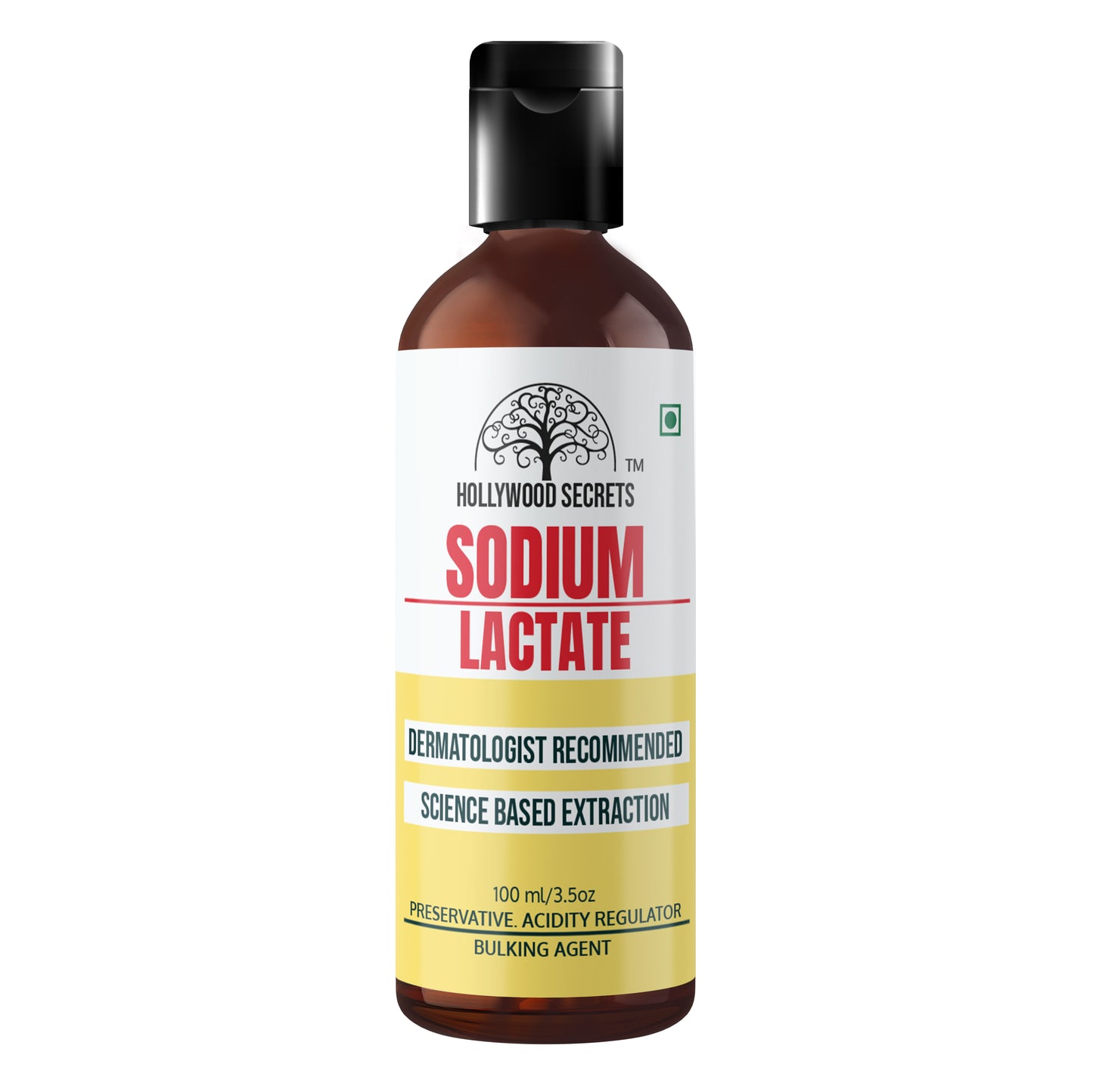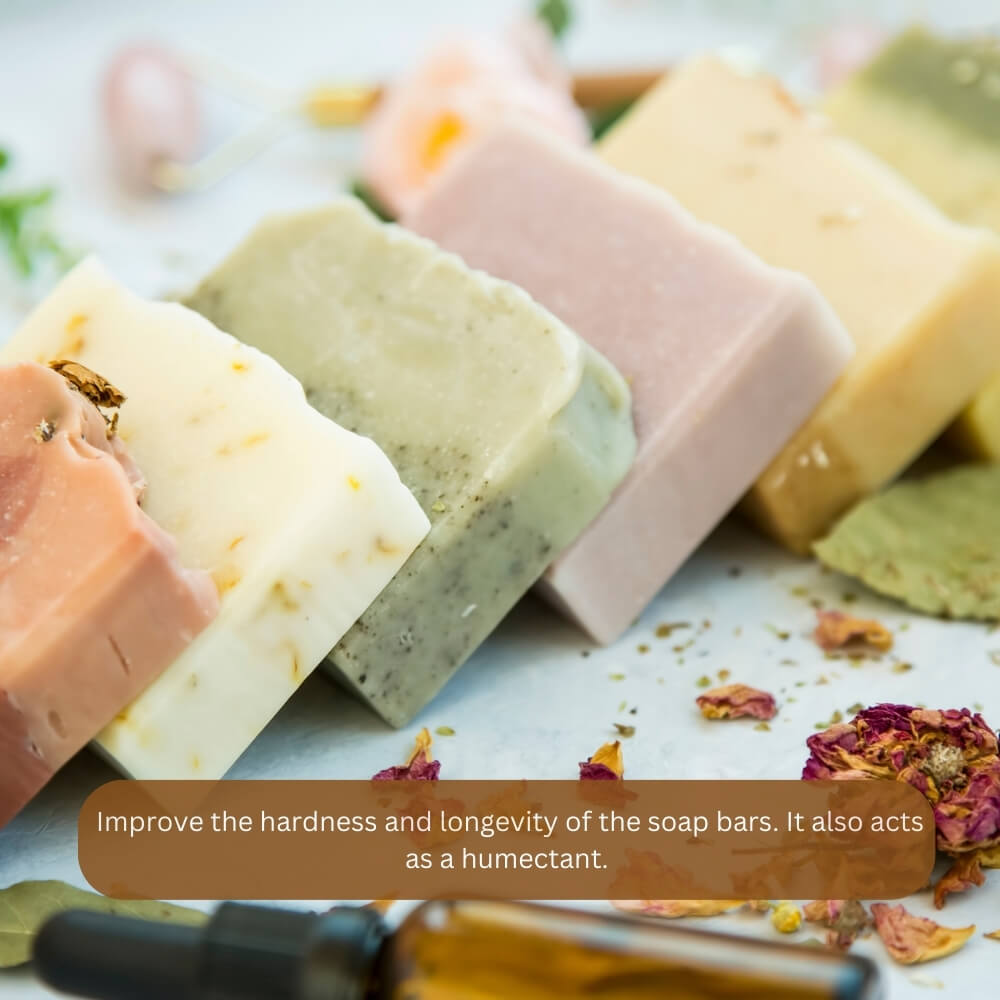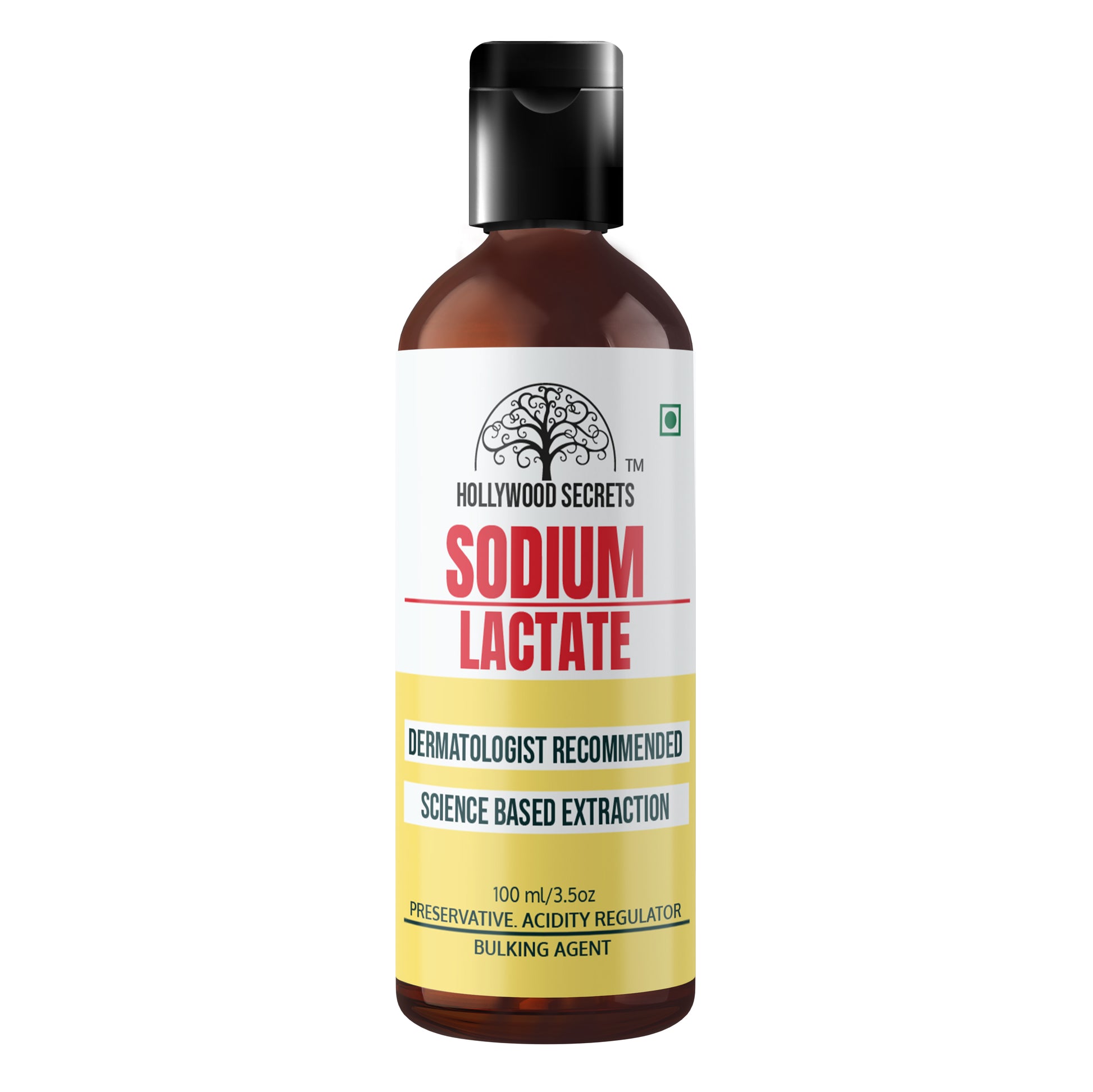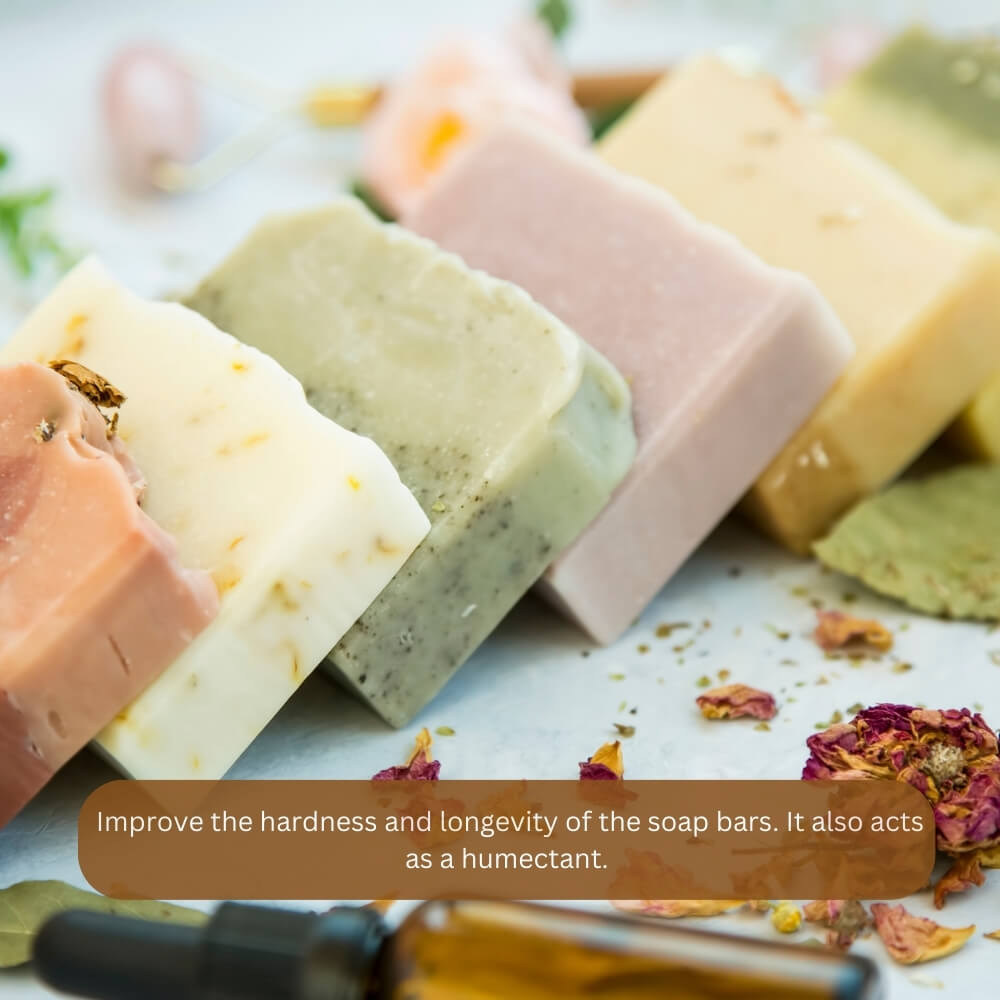Hollywood Secrets
60% Sodium Lactate 100 ml
60% Sodium Lactate 100 ml
Couldn't load pickup availability
Sodium Lactate uses
- Food Preservation: Sodium lactate acts as a preservative, helping to extend the shelf life of certain food products. It has antimicrobial properties that inhibit the growth of bacteria, yeast, and molds, thus reducing spoilage and maintaining freshness.
- Flavor Enhancer: In the food industry, sodium lactate is used as a flavor enhancer and can improve the taste of certain foods, especially in meat products. It contributes to the overall savory or umami flavor and can help reduce the need for excessive salt usage.
- Moisturizing Agent: In personal care products like lotions, creams, and cosmetics, sodium lactate acts as a humectant. It attracts and retains moisture on the skin, providing hydration and preventing dryness.
- pH Buffer: Sodium lactate can help stabilize and regulate the pH level of various products. It helps maintain the desired pH range in formulations, making them more effective and stable over time.
- Injectable Medications: Sodium lactate is used in some intravenous medications and fluids to help balance and maintain the body's electrolyte levels, particularly in situations where there may be an imbalance due to dehydration or other medical conditions.
- Baked Goods: In the baking industry, sodium lactate is often used as a dough conditioner. It can improve the texture and volume of baked goods like bread and rolls, resulting in a softer crumb and a longer shelf life.
- Antimicrobial Agent: Beyond food preservation, sodium lactate's antimicrobial properties are also useful in various applications like personal care products and cleaning solutions, where it can help inhibit the growth of bacteria and other microorganisms.
- Soap making: Sodium lactate is a popular additive in soap making due to its ability to improve the hardness and longevity of the soap bars. It also acts as a humectant, helping to draw moisture to the skin when the soap is used.

Why Us
Why Us
- Customization: Our DIY cosmetic brand empowers you to personalize your beauty products according to your preferences.
- Quality Control: By choosing a DIY cosmetic brand, you have complete control over the quality of the ingredients used in your beauty products.
- Creativity and Expression: Our DIY cosmetic brand encourages your creativity and allows you to express your unique style.
- Sustainable and Eco-friendly: Many mass-produced cosmetic brands generate significant amounts of waste and contribute to environmental pollution. By choosing a DIY cosmetic brand, you can actively reduce your ecological footprint.
- Education and Empowerment: Our DIY cosmetic brand aims to educate and empower individuals about the ingredients, formulation techniques, and the science behind cosmetic products.
- Cost-effective: Creating your own cosmetics can be a cost-effective alternative to buying high-end branded products.
Features of the product
Features of the product
- Premium product.
- 100% original & quality assured.
- Non-contaminated & non-mixed.
- Non-Gmo.
- Doctor & dermatologist approved.
- No preservatives.
- Easy to use.
Payment Method
Payment Method
Payment India:
Credit card: Available
Debit card: Available
Razorpay (Cards, UPI, Net Banking, Wallets): Available
Cash on Delivery (COD): Available
We accept all forms of payment.
Payment United States:
Credit card: Available
Shipping
Shipping
Prepaid & COD order: Both available.
Standard Shipping: 1-7 days (Free)
Expediated: 1-3 days ( Rs. 90)
Ultra high speed delivery using our selected couriers.
Processing Time
Processing Time
Product ordered before 11am: Shipped on the same day
Product ordered after 11am: Shipped on the next day
Return Policy
Return Policy
1-7 days. Call our customer care for returns.
Contact us
Contact us
WhatsApp & Call : +91-9921645094
Email: info@hollywoodsecrets.in
Share


Hollywood Secrets
PRODUCT DETAILS
Product Details
CAS Number: 72-17-3
Appearance: Colourless Liquid
Chemical formula: C3H5NaO3
Molar Mass: 112.06 g/mol
Solubility: Methanol (Slightly), Water (Soluble)
Application: The sodium salt of lactic acid. It acts as a preservative, acidity regulator, and bulking agent.
Calculations
Recommended Usage Rate: 1 - 5%
How to use (Formulation Guide)
To use sodium lactate in soap making, follow these steps:
Ingredients:
-Soap Base (pre-made or handmade using the cold process or melt-and-pour method)
-Sodium Lactate (liquid form)
-Fragrance or Essential Oils (optional)
Instructions:
1) Prepare your soap base: If you are using a pre-made soap base, follow the manufacturer's instructions for melting and preparing it. If you prefer to make soap from scratch using the cold process method, follow a standard soap recipe and add the sodium lactate at the appropriate stage (usually after the lye-water and oils have been combined).
2) Measure the sodium lactate: The typical usage rate for sodium lactate in soap making is around 1-3% of the total weight of the oils in your soap recipe. For example, if your soap recipe contains 500 grams of oils, you would use 5 to 15 grams of sodium lactate. Be sure to check the specific usage rate for your particular brand of sodium lactate, as it may vary.
3) Add the sodium lactate: Once your soap base is melted (or your lye-water and oils have been combined in the cold process method), allow the mixture to cool slightly to a temperature around 120-130°F (49-54°C). Then, add the measured amount of sodium lactate to the soap mixture.
4) Mix thoroughly: Stir the sodium lactate into the soap mixture until it is well incorporated.
5) Add fragrance or essential oils (optional): If desired, you can add fragrance or essential oils to the soap mixture at this stage. Be sure to follow the recommended usage rates for your chosen scent.
6) Pour and mold the soap: Once your soap mixture is well mixed, pour it into your soap molds.
7) Allow to set: Let the soap cool and harden in the molds for the recommended amount of time. The addition of sodium lactate should help speed up the hardening process, and you should be able to unmold the soap sooner than if you hadn't used sodium lactate.
8) Unmold and cure: After the soap has hardened and can be easily unmolded, remove it from the molds and allow it to cure for several weeks. This curing process helps the soap become milder and ensures that excess moisture evaporates, resulting in a harder, longer-lasting bar.
That's it! By incorporating sodium lactate into your soap making process, you should notice improved hardness and durability of your soap bars, along with the added benefits of its humectant properties for the skin. Remember to always follow safety guidelines and recommendations for handling lye and other soap-making ingredients.



